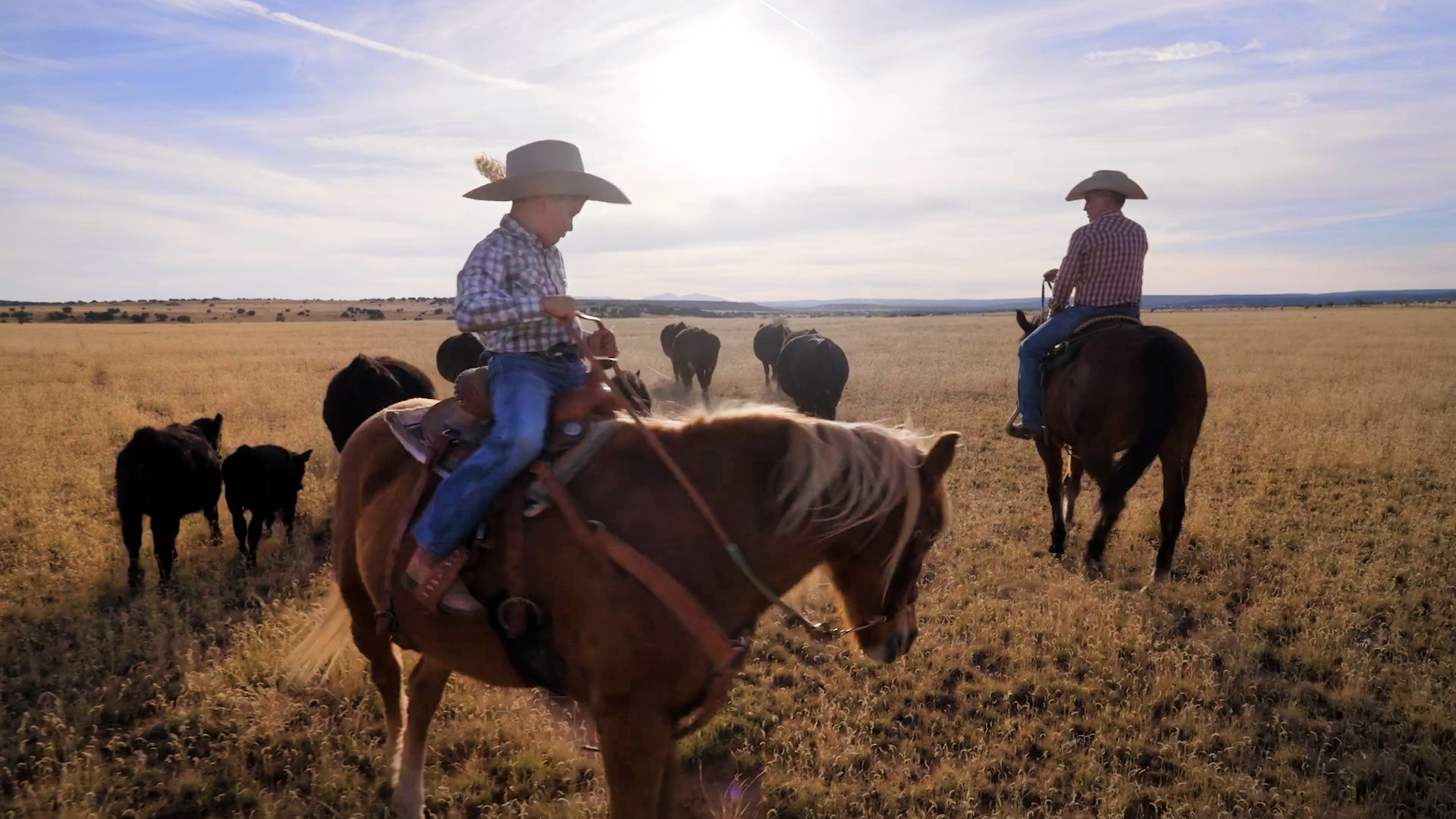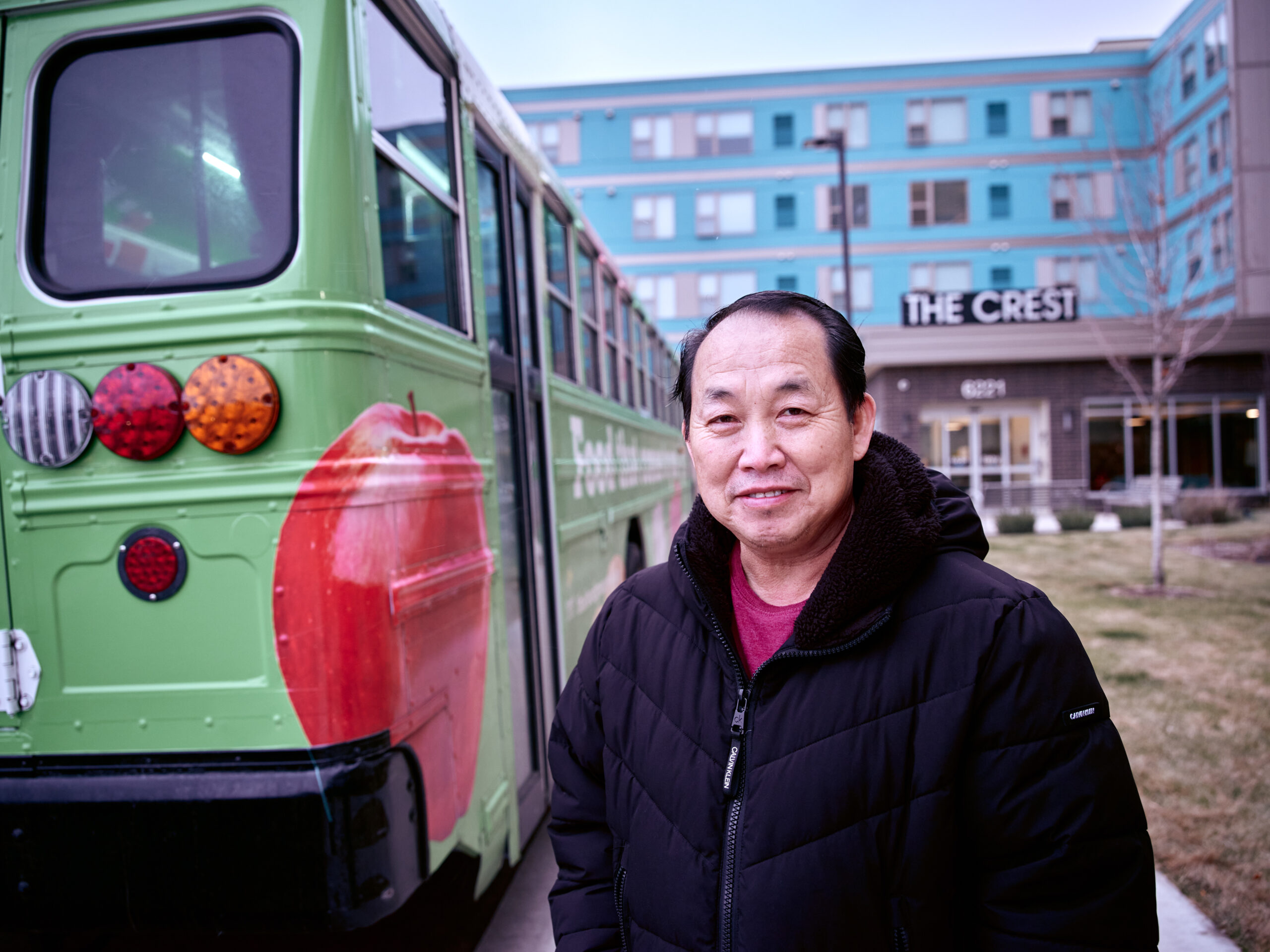Starting with Food Means Starting with Dignity
 Photo courtesy of the New Mexico Farmers Marketing Association.
Photo courtesy of the New Mexico Farmers Marketing Association.
At Fair Food Network, we often say we start with food. But what does that really mean?
It means we see food not just as sustenance, but as a powerful lever for change. Food connects us—to our cultures, our histories, our families, and our sense of place. And when food systems are designed with dignity at the center, they can also be spaces for healing.
That dignity comes in part from honoring culturally significant foods—ingredients, dishes, and flavors that carry deep meaning in a community. These foods are more than recipes; they are connections to history, belonging, and traditions. Whether it’s a grain grown for centuries in one region, a spice blend passed down through generations, or a seasonal dish that marks an important holiday, culturally significant foods help communities feel seen, respected, and rooted.
It’s not just about getting the ‘right’ food to people—it’s about ensuring the food is familiar, affordable, and rooted in their history,” says David Peeples, Program Director at The Food Group in Minnesota. The Food Group proudly operates a mobile market, delivering fresh, healthy, and shelf-stable foods directly to community hubs, including subsidized housing and neighborhood stops in the Twin Cities. This ensures that seniors and those in need have access to affordable nutrition and resources. Because The Food Group listens to their community, they stock items that reflect cultural preferences—at price points that make sense for families.
That kind of approach changes the experience of food access. It shifts it from “getting enough calories” to something much more meaningful: reclaiming agency. Supporting local farmers. Keeping dollars in community. Bringing home ingredients that make sense for your family’s table.
As Erica Raml, Senior Director of Nutrition Incentives at Fair Food Network, puts it: “Everyone deserves the dignity of food that reflects who they are. Food access with dignity means food that feels familiar—food that tells a story.”
As co-lead of the Nutrition Incentive Hub and through our own Double Up Food Bucks program in Michigan, Fair Food Network has seen how nutrition incentive and produce prescription programs offer something bigger than a fruit-and-vegetable match. They offer choice. And choice is a critical ingredient in dignity.
Backed by the Gus Schumacher Nutrition Incentive Program (GusNIP), what sets programs like Double Up apart, says Raml, is that they are driven by the people they serve. “The future of food access,” she says, “is systems designed with communities, not for them.”
That future requires patience, coordination, and deep listening. But the payoff is huge: food systems that nourish people while also strengthening the local economy and honoring culture.
Kirsten Hansen, who manages the FreshRx program at the New Mexico Farmers Marketing Association, works closely with Pueblo communities—some of whom have lived in the region for generations—to shape food distribution models that work for them. That means collaborating with Native leaders to arrange food drop-offs near reservations and empowering community members to lead distribution themselves.
“Pueblo communities have been here since time immemorial,” Hansen said. “We’ve persisted and flourished—and we’ll continue to do that.”
Hansen talked about how hope shows up in small moments: a farmer growing something their neighbors love. A patient receiving a produce prescription filled with familiar, healing foods. A community deciding how food is shared.
Food, in these stories, becomes so much more than nutrition. It’s culture. It’s belonging. It’s dignity. It’s resilience. And it’s hope.
This is the kind of food system Fair Food Network is working toward—one where everyone has access to the healthy food they need and want. One where dignity isn’t an afterthought, but a foundation.
 Photo courtesy of The Food Group.
Photo courtesy of The Food Group.
 Watch our recent virtual roundtable about the food systems centering dignity, culture, and community.
Watch our recent virtual roundtable about the food systems centering dignity, culture, and community.
![]()







